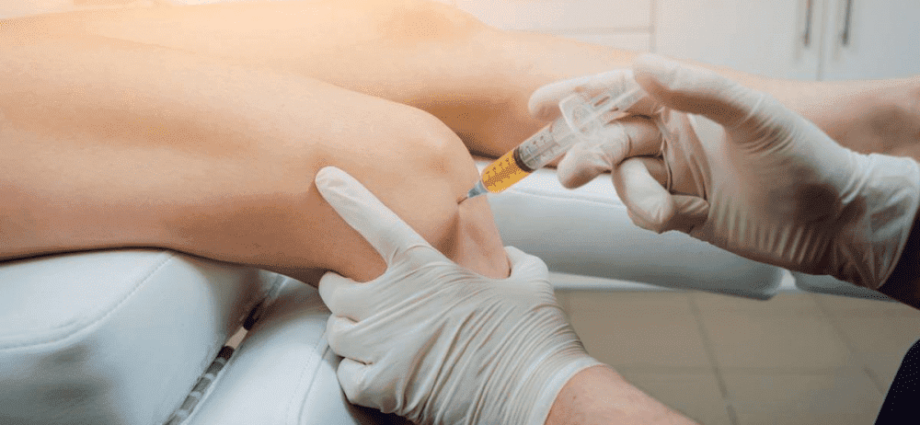New Brunswick PRP therapy has gained a lot of attention in recent years as a treatment option for joint pain. PRP stands for Platelet-Rich Plasma, which is a concentration of platelets from your own blood that contains growth factors that can stimulate healing and reduce inflammation. The therapy involves injecting this concentration directly into the affected joint, which can provide a range of benefits to patients suffering from joint pain.
HOW DOES PRP THERAPY WORK?
PRP therapy works by using the patient’s own blood to create a concentrated dose of platelets that can be used to promote healing in specific areas of the body. The process involves drawing a sample of the patient’s blood and separating the platelets from the other components. The resulting platelet-rich plasma is then injected into the affected joint, where it can help reduce inflammation and promote healing.
WHAT ARE THE BENEFITS OF PRP THERAPY?
There are several benefits of PRP therapy for joint pain, including:
Reduced Pain and Inflammation
PRP therapy has been shown to reduce pain and inflammation in patients suffering from joint pain. The growth factors in the platelet-rich plasma can help stimulate the body’s natural healing response, which can reduce pain and inflammation over time.
Improved Mobility
By reducing pain and inflammation, PRP therapy can help improve mobility in patients with joint pain. This can make it easier for patients to perform day-to-day activities and improve their overall quality of life.
Faster Healing
PRP therapy can also help speed up the healing process in patients suffering from joint pain. The growth factors in the platelet-rich plasma can help stimulate the production of new tissue and accelerate the healing process in the affected joint.
IS PRP THERAPY RIGHT FOR YOU?
If you are suffering from joint pain and have not found relief with traditional treatments, PRP therapy may be an option to consider. However, it is important to consult with a qualified healthcare provider to determine if PRP therapy is right for you.
In general, PRP therapy is considered safe and well-tolerated, with minimal side effects. However, as with any medical treatment, there are some potential risks and complications to be aware of. These may include infection, bleeding, and nerve damage.
CONCLUSION
New Brunswick PRP therapy has become an increasingly popular treatment option for joint pain. By using the patient’s own blood to create a concentrated dose of platelets, PRP therapy can help reduce pain and inflammation, improve mobility, and speed up the healing process. If you are suffering from joint pain and have not found relief with traditional treatments, PRP therapy may be an option to consider. However, it is important to consult with a qualified healthcare provider to determine if PRP therapy is right for you.

